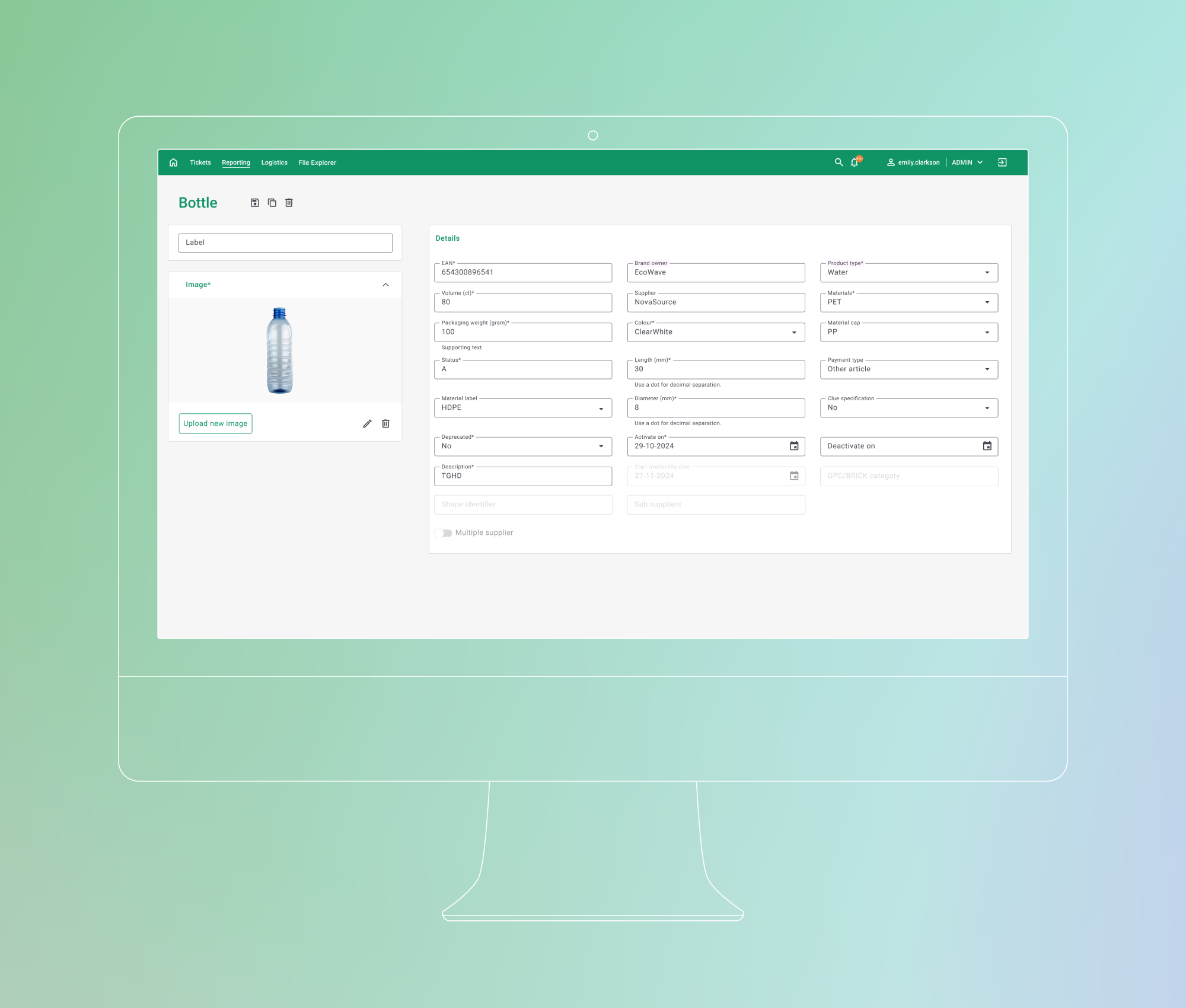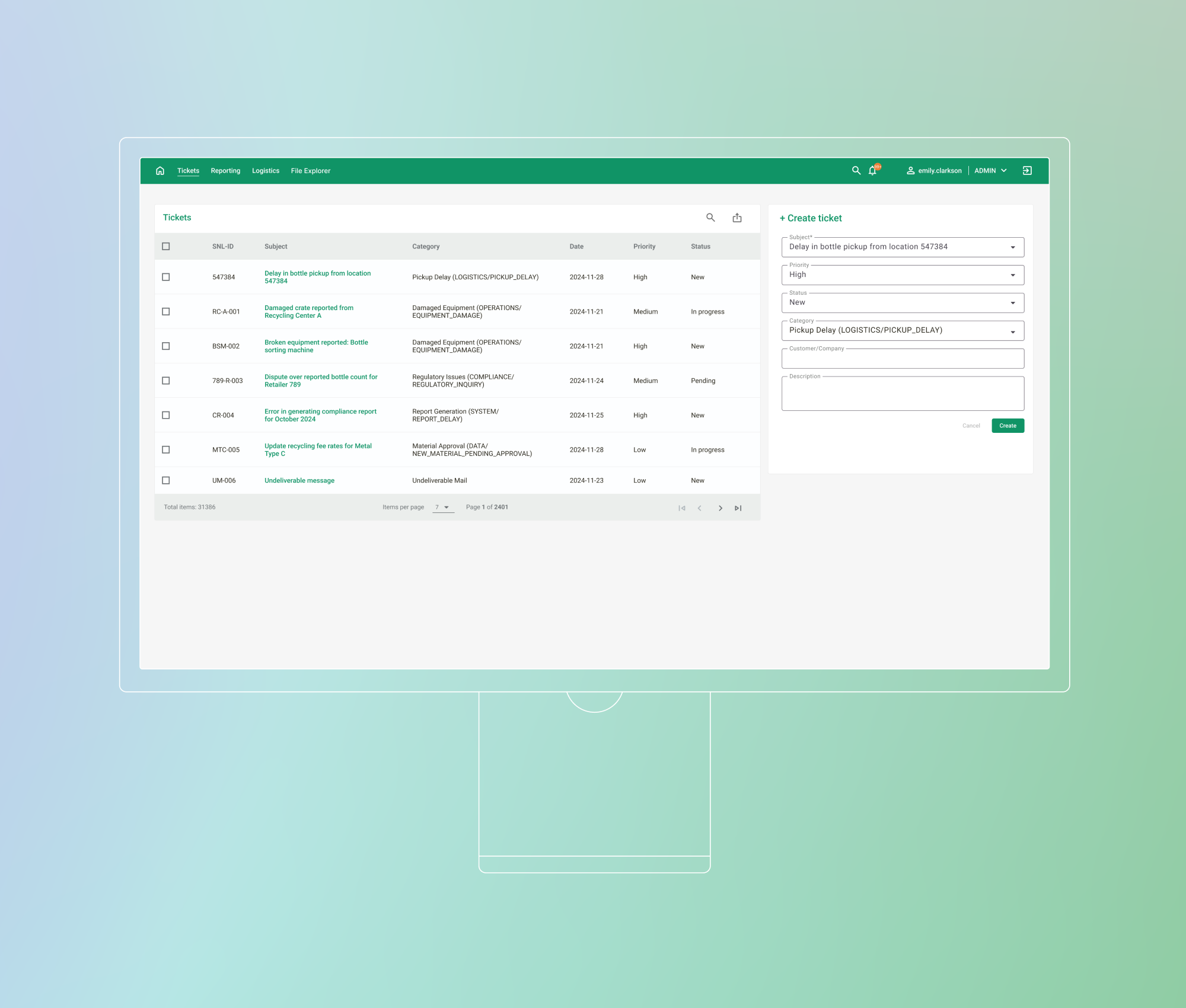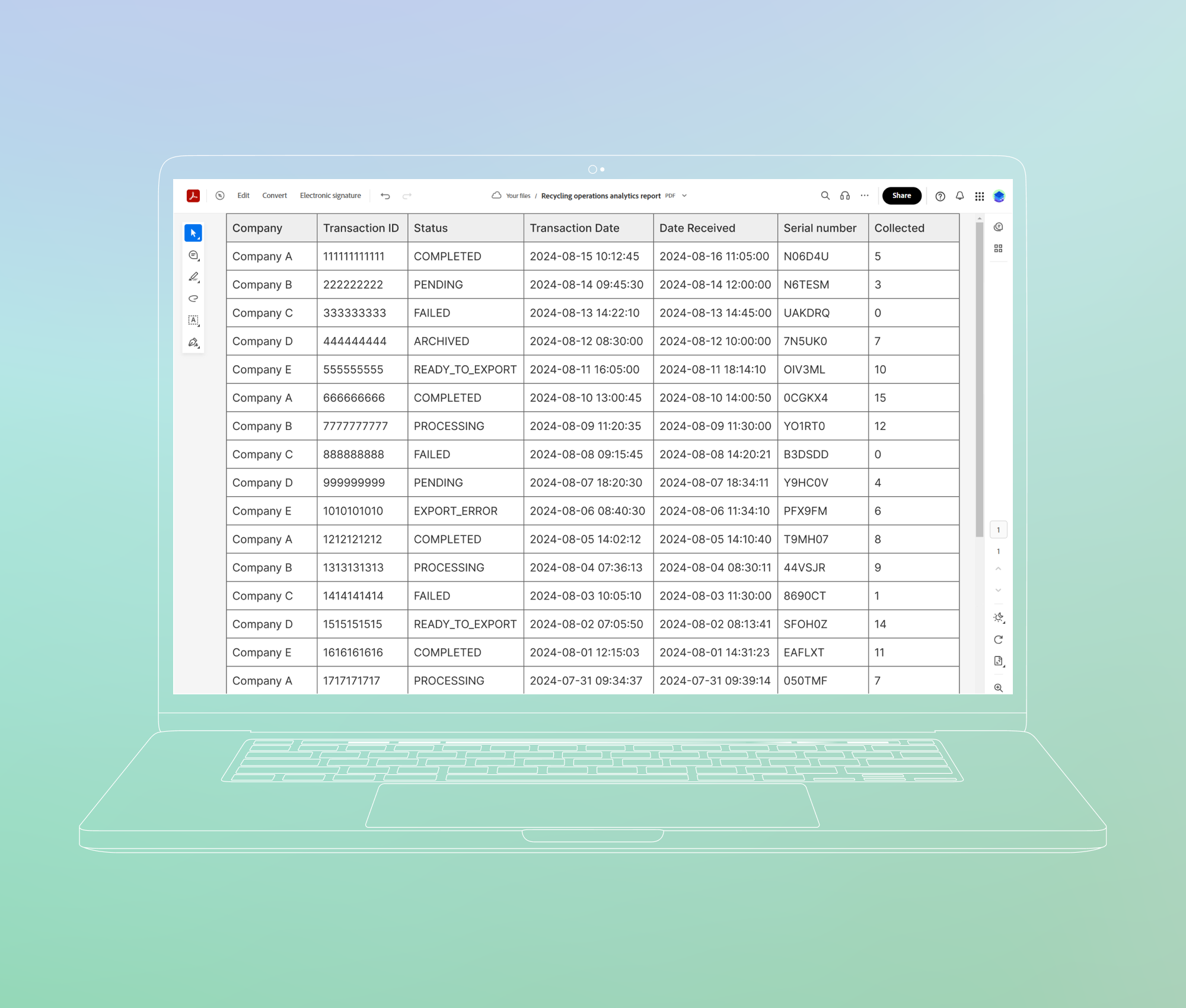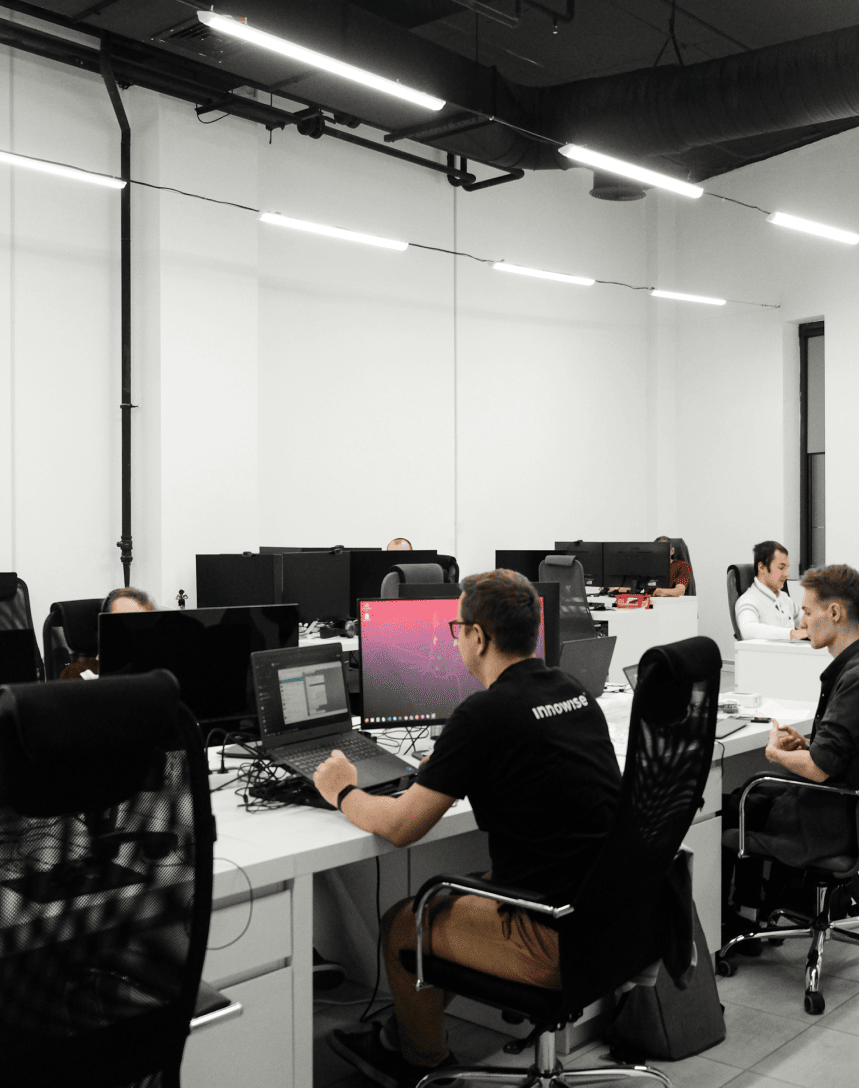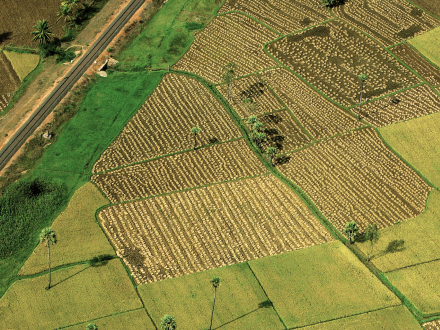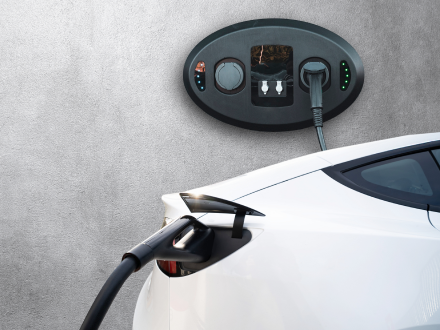Por favor, deixe os seus contactos, enviar-lhe-emos a nossa visão geral por e-mail
Autorizo o tratamento dos meus dados pessoais para o envio de materiais de marketing personalizados em conformidade com a Política de privacidade. Ao confirmar a submissão, o utilizador aceita receber materiais de marketing
Obrigado!
O formulário foi enviado com sucesso.
Encontrará mais informações na sua caixa de correio.
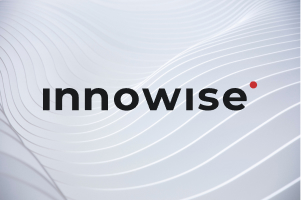
Innowise é uma empresa internacional de desenvolvimento de software de ciclo completo fundada em 2007. Somos uma equipa de mais de 2000+ profissionais de TI que desenvolvem software para outros profissionais em todo o mundo.
Descarregar resumo
Sobre nós
Serviços
Tecnologias
Indústrias
Carteira
pt Português
Selecionar a língua
Sobre nós
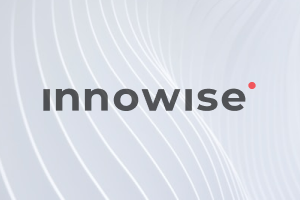
Innowise é uma empresa internacional de desenvolvimento de software de ciclo completo fundada em 2007. Somos uma equipa de mais de 2000+ profissionais de TI que desenvolvem software para outros profissionais em todo o mundo.
Descarregar resumo
Tecnologias
Todas as
tecnologiasCarteira

